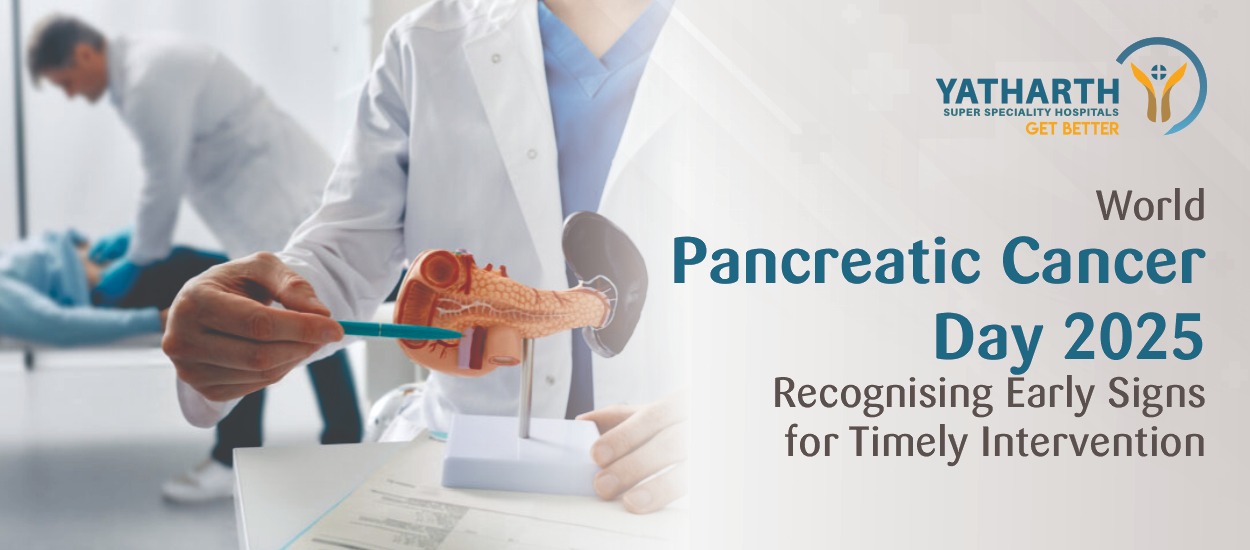What is World Prematurity Day?
World Prematurity Day — also known as Prematurity Day is observed every year on November 17. The day is dedicated to raising awareness about preterm birth, which occurs when a baby is born before completing 37 weeks of pregnancy. It’s one of the most significant health observances that highlights the challenges faced by premature babies and their families worldwide.
Importance of World Prematurity Day
World Prematurity Day emphasizes the need for early detection, advanced neonatal care, and public awareness about preterm births. Each year, over 15 million babies are born prematurely around the world, making preterm birth the leading cause of death in children under five.
World Prematurity Day 2025 Theme
The World Prematurity Day 2025 theme is “Give preterm babies a strong start for a hopeful future”
Causes and Risk Factors of Premature Birth
Understanding what causes premature birth is crucial for prevention. Common causes of preterm birth include:
- Multiple pregnancies (twins, triplets, etc.)
- Maternal infections or chronic illnesses (such as diabetes or hypertension)
- Problems with the cervix, uterus, or placenta
- Lifestyle factors like smoking or malnutrition
- Previous premature deliveries
Sometimes, the exact cause of premature delivery remains unknown, but regular check-ups at a maternity hospital can help in early detection and management.
Significance of World Prematurity Day 2025
The significance of World Prematurity Day 2025 lies in its mission to save lives through awareness and action. It reminds healthcare systems, parents, and policymakers to invest in neonatal care infrastructure, promote education on maternal health, and support families dealing with the emotional and financial stress of preterm birth.
Medical Challenges and Care for Preterm Babies
Premature babies often face medical challenges such as:
- Respiratory distress
- Feeding difficulties
- Low body temperature
- Increased risk of infections
With specialized care including good antenatal care, safe delivery in a hospital with well established NICU with advanced technology and infrastructure, many preterm babies now survive and thrive.
Preparing for a Premature Birth or Baby
Expecting parents should stay informed and prepared. Early signs of preterm labor should never be ignored. Consult your gynecologist or neonatologist immediately if you experience contractions, spotting, or unusual discharge before 37 weeks.
Having a birth plan and selecting a hospital with NICU facilities ensures the best possible care in case of premature delivery.
How to Support Parents When Their Baby is Born Prematurely
Parents of premature babies often face stress, anxiety, and uncertainty. Support can make a huge difference:
- Offer emotional and practical help
- Stay informed about the baby’s condition
- Encourage and reassure parents
- Help them connect with support groups or neonatal specialists
Preventive Steps for Preterm Birth
While not all preterm births can be prevented, certain steps help reduce risks:
- Attend regular prenatal check-ups
- Manage chronic conditions like diabetes or hypertension
- Avoid smoking and alcohol during pregnancy
- Maintain proper nutrition and hydration
- Manage stress and get adequate rest












